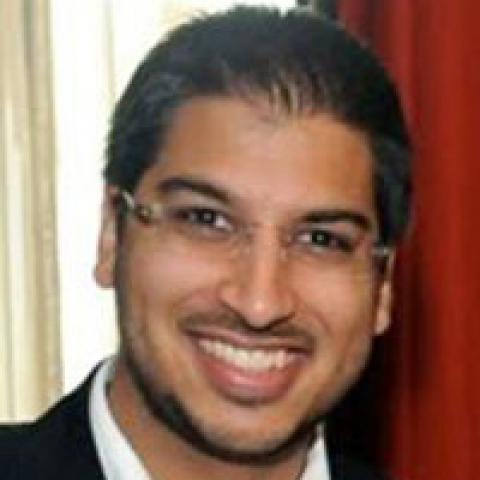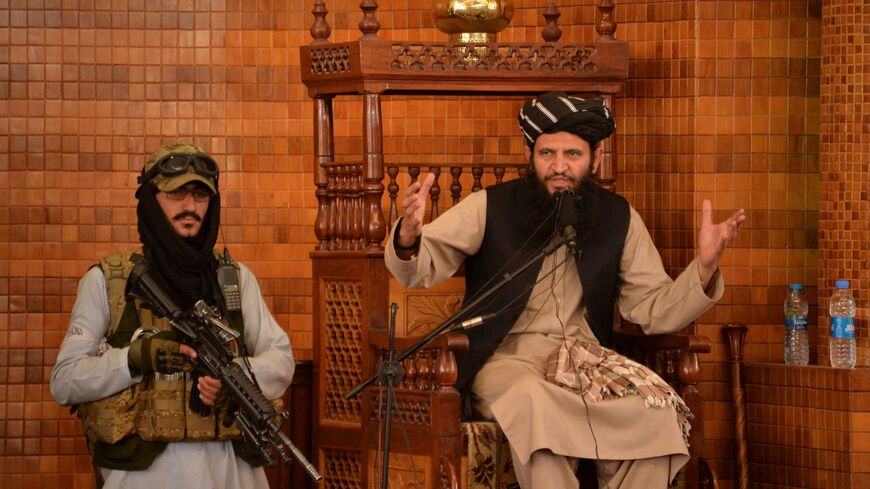The Middle East’s New Divide: Muslim Versus Muslim
The Muslim world is in the throes of a messy period of political modernization, which means the issue of the role of religion in the state is being debated, and fought, in the public square.

On June 8, a devastating clash between residents and militia members erupted at the headquarters of the Libya Shield Brigade in Benghazi, Libya, leaving dozens dead and scores more injured. Meanwhile, the next day on the Sunday talk show circuit in the United States, amid continued partisan discussion of the September 2012 consulate attack in Benghazi, there was scant mention of the major clash from the day before. The disconnect exemplified the chasm between the new battle lines on the ground across the Middle East and the political discourse a world away.
For much of the last decade, most have digested the narrative of a Muslim-West divide. It was so pervasive that newly elected US President Barack Obama, portrayed as a symbolic messiah bridging two worlds, was awarded a Nobel Peace Prize before even completing a year of his term. Twelve years after the 9/11 al-Qaeda attacks, much of the discussion about the "Muslim world" has internalized this language, and why not? The conflict between the Palestinians and US-supported Israel remains unresolved, US drone strikes continue unabated in Pakistan and Yemen and terrorist attacks like the Boston Marathon bombing are still occurring in deadly fashion.








